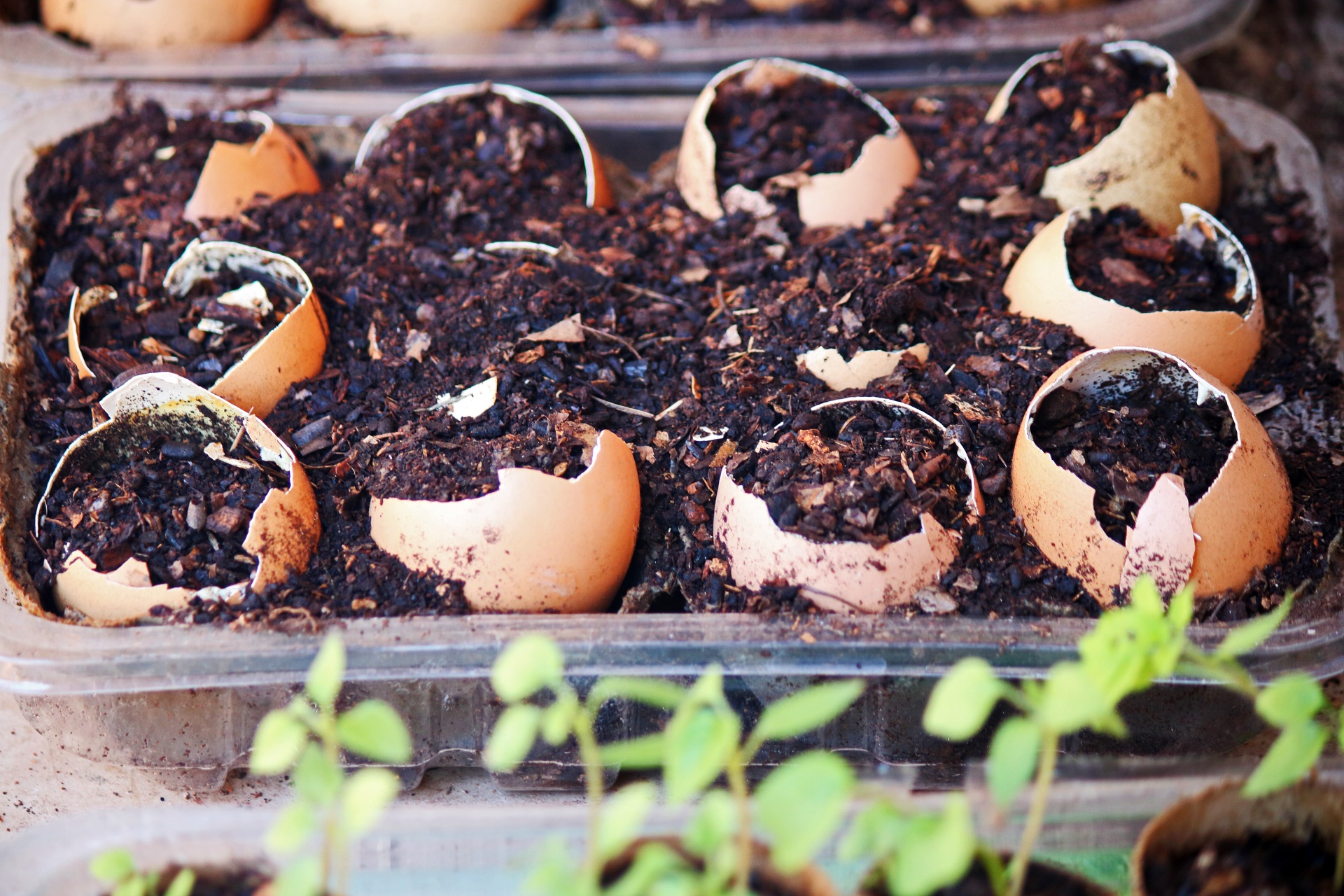Best Composting Methods for Urban Gardeners

Best Composing Methods for Urban Gardeners
Urban gardening is a growing trend, and with it comes the need for effective composting methods for urban gardeners. Composting is not just about reducing organic waste; it's about enhancing soil fertility and promoting sustainable gardening. Let's dive into the best composting techniques that can transform your urban agriculture experience.
Understanding the Basics of Composting
Before we get into the nitty-gritty, it's essential to understand what composting is. Composting is the process of recycling organic waste into a nutrient-rich soil amendment. It's like giving your garden a superfood boost!
What Can You Compost?
Almost any organic material can be composted, including:
- Fruit and vegetable scraps
- Coffee grounds and filters
- Eggshells
- Grass clippings
- Leaves
- Newspaper
What Should You Avoid?
Not everything belongs in your compost pile. Avoid:
- Meat, fish, and dairy products
- Diseased plants
- Weeds that have gone to seed
- Pet waste
The Benefits of Composting in Urban Gardens
Composting offers numerous benefits for urban agriculture. It improves soil fertility, reduces waste, and promotes sustainable gardening practices. Plus, it's a great way to save money on fertilizers!
Improved Soil Fertility
Compost is rich in nutrients that plants need to thrive. By adding compost to your garden, you're essentially giving your plants a natural, slow-release fertilizer.
Reduced Organic Waste
Composting helps reduce the amount of organic waste that ends up in landfills. According to the EPA, composting can significantly reduce methane emissions from landfills.
Sustainable Gardening
Composting is a cornerstone of sustainable gardening. It helps create a closed-loop system where waste is turned into a valuable resource.
Best Composting Techniques for Urban Gardeners
Now that we understand the basics and benefits, let's explore the best composting techniques for urban gardeners.
Hot Composting
Hot composting is a fast and efficient method. It involves creating a large pile of organic materials and turning it regularly to maintain high temperatures. This process can produce finished compost in as little as a few weeks.
How to Do It
- Collect Materials: Gather a mix of green (nitrogen-rich) and brown (carbon-rich) materials.
- Build the Pile: Layer the materials, ensuring a good balance of green and brown.
- Turn the Pile: Turn the pile every few days to aerate it and maintain high temperatures.
Cold Composting
Cold composting is a slower but easier method. It involves simply piling organic materials and letting nature take its course. This process can take several months to a year.
How to Do It
- Collect Materials: Gather a mix of green and brown materials.
- Build the Pile: Layer the materials in a pile or bin.
- Wait: Let the pile sit and decompose naturally.
Vermicomposting
Vermicomposting uses worms to break down organic materials. It's a great method for urban gardeners with limited space.
How to Do It
- Get a Bin: Use a plastic bin with air holes.
- Add Worms: Introduce red wiggler worms to the bin.
- Feed the Worms: Add organic materials regularly.
Bokashi Composting
Bokashi composting is an anaerobic process that uses microorganisms to ferment organic waste. It's ideal for urban gardeners who want to compost meat and dairy products.
How to Do It
- Get a Bokashi Bin: Use a specialized bin with a tight-fitting lid.
- Add Materials: Layer organic materials with Bokashi bran.
- Ferment: Let the materials ferment for a few weeks.
Trench Composting
Trench composting involves burying organic materials directly in the garden. It's a simple and effective method for urban gardeners.
How to Do It
- Dig a Trench: Create a trench in your garden.
- Add Materials: Bury organic materials in the trench.
- Cover: Cover the trench with soil.
Tips for Successful Composting
To ensure successful composting, follow these tips:
Maintain the Right Balance
A good compost pile should have a balance of green and brown materials. Too much of one can slow down the decomposition process.
Keep It Moist
Compost piles should be moist but not soggy. Think of a wrung-out sponge.
Aerate Regularly
Turning the pile regularly helps aerate it, which speeds up the decomposition process.
Monitor Temperature
Hot composting requires maintaining high temperatures. Use a compost thermometer to monitor the temperature.
Common Composting Mistakes to Avoid
Even the best composting techniques can go awry if you make these common mistakes:
Not Enough Air
A lack of air can lead to anaerobic conditions, which can produce unpleasant odors.
Too Much Water
Too much water can make the pile soggy and slow down decomposition.
Wrong Materials
Adding the wrong materials, like meat and dairy products, can attract pests and create odors.
Conclusion
Composting is a vital part of urban agriculture. By using the best composting methods for urban gardeners, you can improve soil fertility, reduce organic waste, and promote sustainable gardening. Whether you choose hot composting, cold composting, vermicomposting, Bokashi composting, or trench composting, you're taking a step towards a greener, more sustainable future.
FAQs
What is the best composting method for small spaces? Vermicomposting is ideal for small spaces. It uses worms to break down organic materials in a compact bin.
Can I compost meat and dairy products? Traditional composting methods do not recommend composting meat and dairy products. However, Bokashi composting is an exception.
How long does it take to make compost? The time it takes to make compost varies depending on the method. Hot composting can take a few weeks, while cold composting can take several months to a year.
What should I do if my compost pile smells bad? If your compost pile smells bad, it may be too wet or lack air. Try turning the pile and adding more brown materials to balance it out.
Can I compost in the winter? Yes, you can compost in the winter. While the process may slow down, it will continue as long as the pile is properly maintained.
0 Response to " Best Composting Methods for Urban Gardeners"
Post a Comment